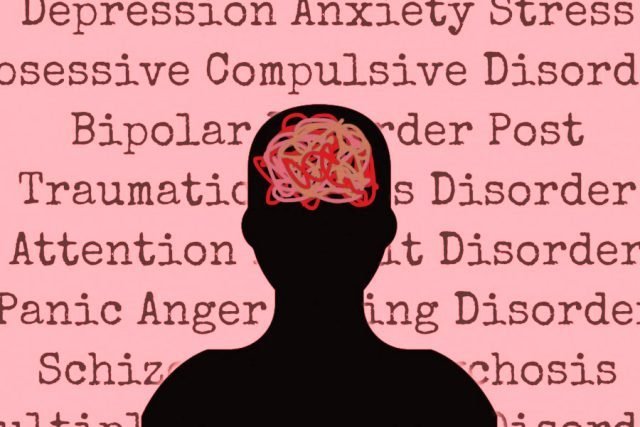These days mental health issues have become more predominant, especially since the Covid-19 pandemic, due to increased stress and anxiety levels. There could be various reasons behind this – spending a lot of time in isolation, losing their loved ones, losing jobs, and monetary losses. However, it is still sidelined often due to the stigmas associated with it.
According to online research, there has been a surge of around 50 per cent in claims related to mental illness in the last year. This comes at a time when all health insurance companies have been categorically asked by the Insurance Regulatory and Development Authority (IRDAI) to provide coverage for mental illness under health insurance policies.
The Insurance Regulatory and Development Authority of India (IRDAI) has made it mandatory for all health insurance policies to cover mental illnesses in compliance with the provisions of the Mental Healthcare Act, of 2017. All insurers have been asked to adhere to the rules latest by October 31.
“All insurance products shall cover mental illness and comply with the provisions of the MHC Act, 2017 without any deviation. Insurers are requested to confirm compliance before October 31, 2022,” the latest circular by IRDAI read.
According to IRDAI just like any physical illness, it is essential to take necessary steps to ensure one’s mental well-being.
The Mental Healthcare Act, of 2017, was passed to ensure all individuals with mental illnesses get the right healthcare and services and to “protect, promote and fulfill” their rights during the delivery of such services.
What will your health insurance plan cover now?
While there is not enough clarity yet, insurance companies will make provisions for mental health problems – like acute depression, bipolar disorder, eating disorders, post-traumatic stress disorder (PTSD), schizophrenia, dementia etc – under any standard health insurance policy, over and above the existing provisions.
As a result, for anyone who needs hospitalisation for in-patient treatment of mental illness, the health insurance plan will cover the cost of the treatment, including medicines, diagnostics, ambulance fees and so on.
Table of Contents
Are there any exclusions to the plan?
According to reports, at present, health insurance plans may not cover mental retardation or intellectual disabilities. Additionally, insurance plans will also not cover drug and alcohol abuse under the current provisions.
Based on the IRDAI’s draft “Insurers cannot also refuse coverage to people who have a documented history of clinical depression, personality or neurodegenerative disorders, sociopathy, or psychopathy. In addition, the IRDAI directed insurers to include puberty and menopause-related disorders, as well as age-related macular problems, in standard health insurance plans. Following IRDAI guidelines, many insurers have begun developing products that cater to the specific needs of people suffering from mental illness,”
Things to keep in mind in case of pre-existing mental illness
Mostly, in-patient hospitalisations for mental disorders are covered under regular health plans, however, outpatient counseling or therapy is only covered if the plan offers OPD benefit. In case of a pre-existing mental disorder, the insurer is at liberty to treat it as one and decide on the waiting period, usually 2-3 years.
If you are looking for a mental illness cover, check if the disorder requires hospitalization or can be treated through therapy and medication. In the case of the former, go for a comprehensive indemnity plan that covers hospitalization, while the latter will require a plan that also offers OPD.
How things will change now?
Health insurance companies earlier used to straight away decline to give health insurance to persons suffering from mental illness.
A lot of health insurance companies were not even accepting the proposal if someone is suffering from a mental illness. But now, they are mandated to provide health insurance. However, the insurance provider can put it under a waiting period depending upon the kind of policy one is buying.
The move has been also welcomed by corporate houses as they feel that the addition of mental illness to insurance coverage will help companies to widen their benefits further while enhancing their employee experience.
What is Mental Illness?
Mental illness also referred to as a mental health disorder, is characterised by a clinically significant disturbance in an individual’s cognition, emotional regulation, or behaviour.
Mental illness is a cluster of symptoms in which we look at how these symptoms impact our day-to-day functioning.
Mental illness is caused because of three basic factors – biological, psychological and environmental. Biological factor, which means genetics and neurotransmitters that play a role in it. Psycho-social functioning, which means your environment. Any long-term stress which has been there or any immediate stress from any traumatic experience from the environment for example your school, office family, etc. Psychological factor, which means our basic temperament or attitude to deal with day-to-day issues. These factors can cause mental illness.

